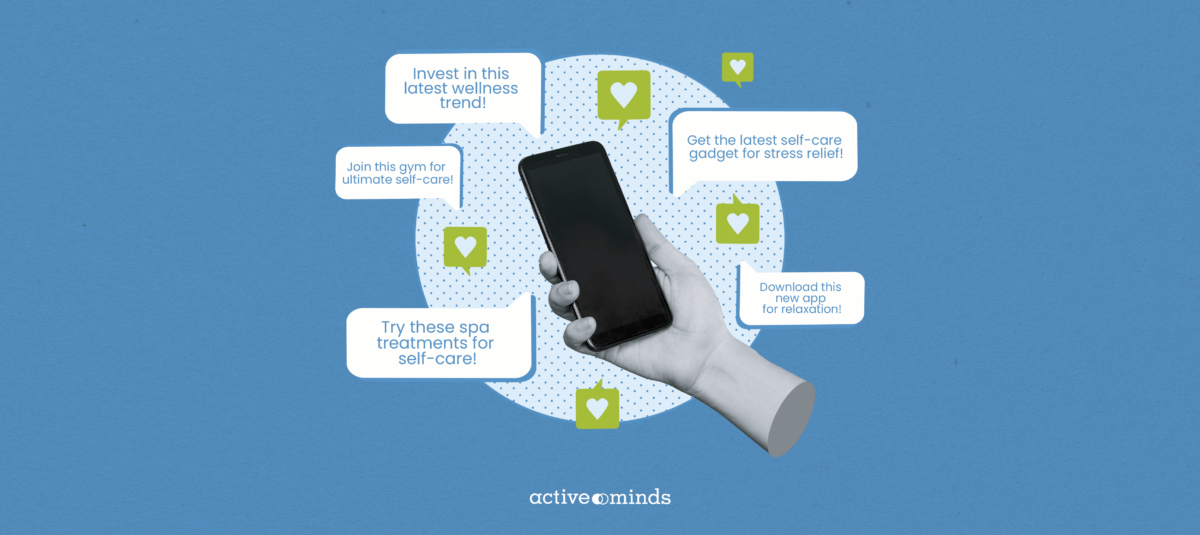In today’s fast-paced world, the concept of self-care has become more than just a buzzword; it’s a heavily discussed movement. From Instagram influences promoting skincare routines to celebrities advocating for their meditation practices, self-care has become embedded into pop culture. However, in this new age of social media, the concept of self-care often can feel like an unattainable ideal reserved for those with picture-perfect lives. True self-care, though, is not about perfection but instead about authenticity and personal growth. As I reflect on my self-care journey, I’ve come to realize authentic self-care is a deeply personal and sometimes even messy process — but what does self-care genuinely mean in this context, especially from the perspective of the younger generation?
Growing up, I had never even heard of self-care until I became constantly bombarded with the early 2000s image of what it “should” look like — spa days, luxury vacations, and expensive skincare products. It seemed as if self-care was something external, something I could purchase or indulge in only when life got tough. As I began to face my own challenges, especially in college, I began to understand that self-care goes beyond the surface portrayed in mainstream media.
Halfway through college, it felt as if I hit a breaking point. I was overwhelmed with extracurriculars, struggling with my mental health, and felt utterly disconnected from myself and the people around me, especially during a global pandemic. In my darkest moments, I realized I needed to take my well-being more seriously, which meant teaching myself how to practice self-care sustainably. I started carving out time each day, whether to take a quick walk outside, journaling, or meditating. When you change your mindset to realize that self-care is not a luxury reserved for the privileged few but a fundamental aspect of nurturing our mental, emotional, and physical well-being, it becomes increasingly easier to prioritize day-to-day.
As many may feel, self-care is not about conforming to society’s standards. Self-care requires honoring your own needs and values, even if it doesn’t reflect other’s own self-care practices, whatever they may be. One of the most transformative moments in my ongoing self-care journey occurred when I allowed myself to be vulnerable and ask for help when I needed it most. Upon connecting with friends, family, and mental health professionals, I was met with love, understanding, and acceptance — a refreshing relief. It was through these same connections that I discovered the power that community plays in self-care.
Today, as I near the end of my college experience and transition into post-graduate life, my approach to self-care is extremely open-ended. Though it’s not always Instagram-worthy, it’s real. I’ve learned to embrace what makes me feel good through life’s ups and downs. In sharing my story, I hope to shed light on whate No one should be able to tell you what self-care should or shouldn’t look like– that part is entirely up to you to determine. At the baseline, self-care is about showing ourselves the same love and kindness we would offer our peers in a time of need. So, wherever you are on your own self-care journey, know that you are not alone! You are worthy of love and self-compassion in whichever ways you choose to embrace your humanity.




